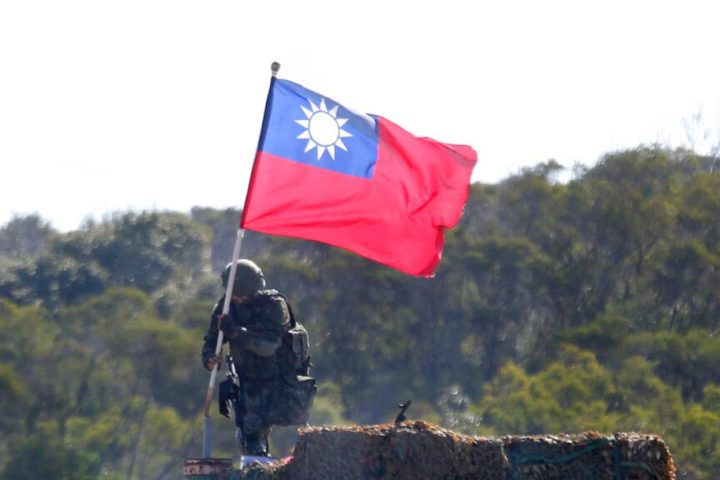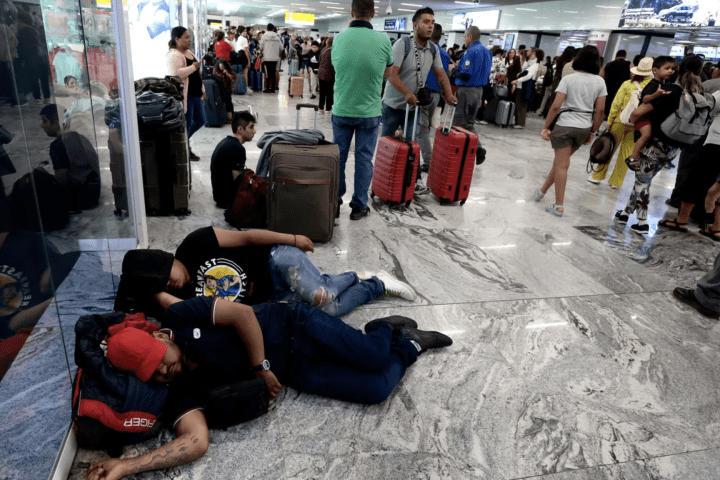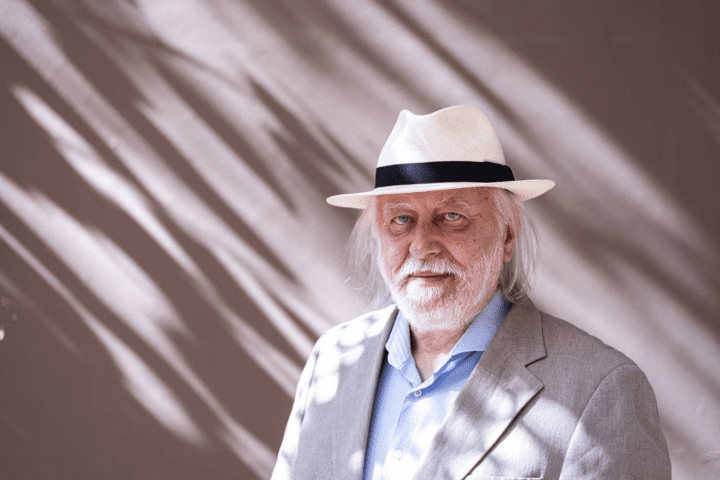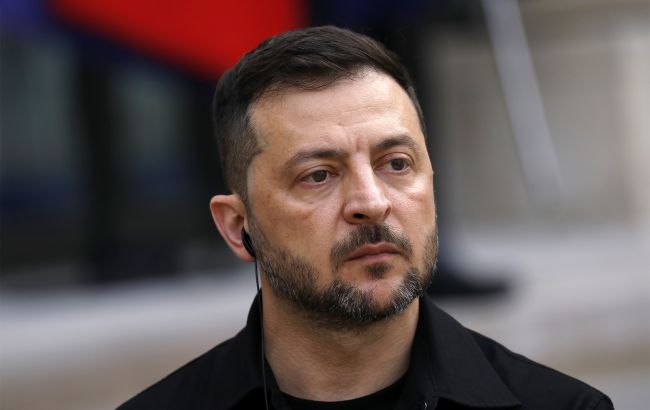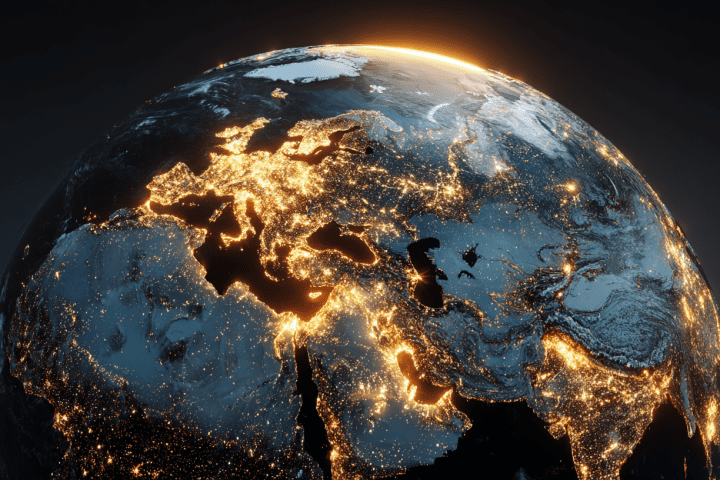Following lengthy negotiations with representatives of Ukraine and Russia, the process of restoring power supply to the Zaporizhzhia Nuclear Power Plant (ZNPP) has begun.
IAEA Director Rafael Grossi stated that the work concerns repairs to the damaged 750 kV Dniprovska and 330 kV Ferrosplavnaya-1 power lines, which are located on opposite sides of the front line.
These lines are designed to provide external power to the plant, which is necessary for cooling the six shut-down reactors and spent fuel.
“Although restoring the Zaporizhzhia NPP’s connection to the grid will take some time, both sides are actively cooperating with us to achieve this key goal for the sake of nuclear safety. A further deterioration of the situation will benefit no one,” Grossi noted.
Blackout at Zaporizhzhia NPP
As a reminder, on September 23, Energoatom reported the tenth power outage at the Zaporizhzhia NPP since the start of the full-scale war. However, the occupiers intentionally did not connect the plant to the external grid.
The company clarified that the last power line connecting the plant to the Ukrainian power grid failed. As a result, Zaporizhzhya NPP was forced to switch to diesel generators.
This situation poses a risk of a nuclear accident, as external power is critical for the safe cooling of the reactors.
The IAEA is working with Russia and Ukraine to restore electricity to the Zaporizhzhia Nuclear Power Plant
Ukrainian President Volodymyr Zelenskyy highlighted the growing danger at Europe’s largest nuclear facility: for the past seven days, the plant has relied entirely on diesel generators, which are not intended to supply long-term power to the reactors. He noted that one of the generators has already failed, and ongoing Russian shelling is hindering repairs to the power lines.
On September 23, Zaporizhzhia experienced its tenth blackout since the full-scale war began, forcing the facility to depend solely on backup diesel generators.
Recently, IAEA Director Rafael Grossi met with Russian President Vladimir Putin in Moscow. Grossi described the discussions as “important and timely,” though no concrete decisions were made regarding the restoration of power. Ukraine’s State Nuclear Regulatory Authority has warned that the continued blackout poses a serious risk of a worst-case nuclear scenario.




